Pros and cons of theocracy have sparked debates for centuries, with proponents highlighting the potential for moral guidance and social stability, while critics raise concerns about religious intolerance and human rights violations. This article delves into the complexities of theocratic rule, exploring its historical evolution, contemporary applications, and impact on society and individuals.
The concept of theocracy, where religious principles govern political and legal systems, has been a prevalent form of governance throughout history, with examples ranging from ancient Egypt to modern-day Iran. Theocratic governments can vary in their religious affiliations, from monotheistic to polytheistic, and their interpretations of religious texts and laws.
Definition and Characteristics of Theocracy
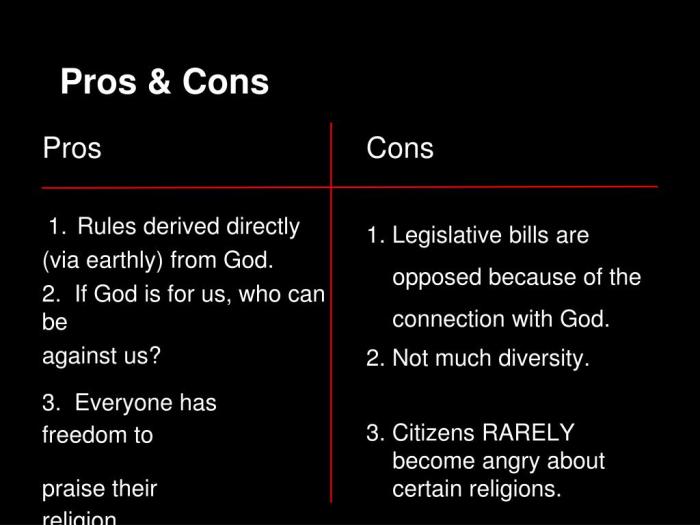
Theocracy, derived from the Greek words “theos” (god) and “kratos” (rule), is a form of government where religious leaders hold political power and make decisions based on religious doctrines. Theocracy can take various forms, but common features include the following:
- Religious law as the basis for legal and political systems
- Religious leaders holding political offices
- Religious doctrines influencing public policy and decision-making
Historically, theocratic governments have existed in many parts of the world, including ancient Egypt, medieval Europe, and contemporary Iran.
Types of Theocracies
Theocracies can be classified based on their religious affiliations:
| Type of Theocracy | Religious Affiliation |
|---|---|
| Monotheocracy | One god |
| Polytheocracy | Multiple gods |
| Hierocracy | Rule by priests or religious leaders |
| Messianocracy | Rule by a divine savior or messiah |
Pros of Theocracy
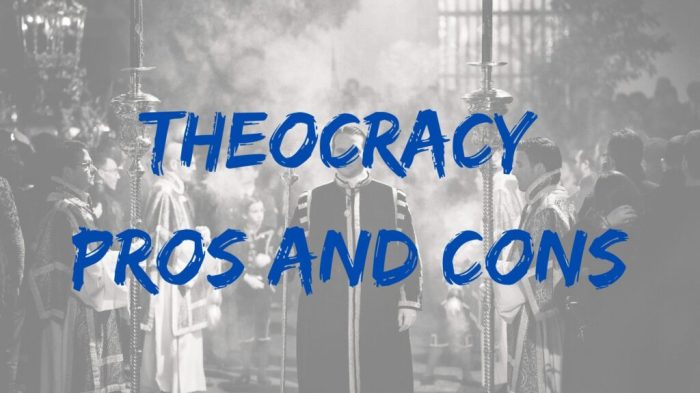
Theocratic governance, where religious principles guide political systems, offers several potential benefits. Let’s explore the arguments in favor of theocratic rule and how religious values can be successfully implemented in governance.
Moral Guidance
Theocracies prioritize religious teachings as the foundation for laws and policies. This provides a clear moral compass for society, promoting ethical behavior, respect for authority, and social responsibility.
Social Stability
Theocratic rule often fosters a sense of unity and belonging among citizens. Shared religious beliefs and values serve as a unifying force, promoting social cohesion and stability within the community.
Enforcement of Religious Laws
In theocracies, religious laws hold significant weight and are strictly enforced. This ensures adherence to religious principles, which can help maintain order and preserve cultural traditions.
Examples of Successful Implementation
Historically, several theocracies have successfully implemented religious principles in governance. For instance, the medieval Islamic caliphates established a comprehensive legal system based on Islamic law, which provided a framework for social, economic, and political life.
Cons of Theocracy
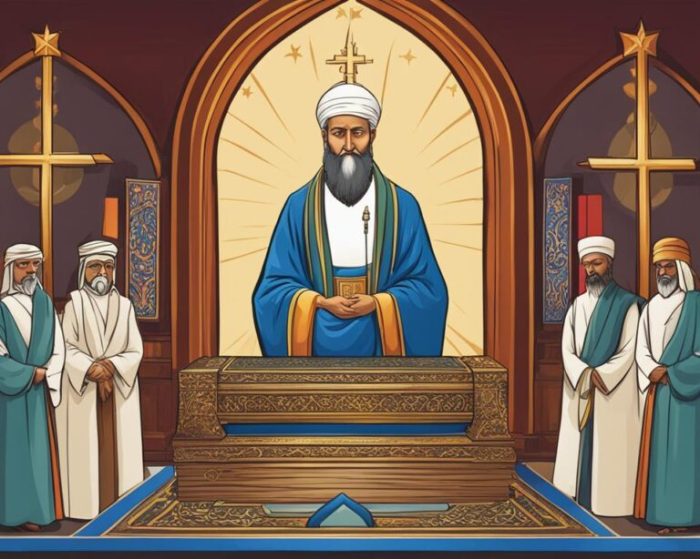
Theocratic governments, where religious principles heavily influence or dictate the legal and political framework, often face criticism due to their potential drawbacks. These drawbacks can include religious intolerance, suppression of dissent, and human rights violations.
The pros and cons of theocracy are complex, and there is no easy answer to the question of whether or not it is a good system of government. However, it is important to be aware of the potential benefits and drawbacks of theocracy before making a judgment.
For example, one potential benefit of theocracy is that it can provide a sense of unity and purpose for a society. However, one potential drawback of theocracy is that it can lead to oppression and discrimination. Similarly, mixing kratom strains can have both benefits and drawbacks, such as enhancing or diminishing the desired effects.
Ultimately, the decision of whether or not to adopt a theocracy is a complex one that should be made on a case-by-case basis.
Discrimination against Non-Believers
Theocracies may discriminate against individuals who do not share the dominant religious beliefs. This discrimination can manifest in various forms, including restrictions on religious expression, unequal access to education and employment, and even persecution.
Suppression of Dissent
In theocratic societies, dissenting voices may be met with suppression or even punishment. Criticism of the dominant religion or its leaders can be seen as an attack on the state itself, leading to the suppression of free speech and the silencing of opposing viewpoints.
Human Rights Violations
Theocracies may engage in human rights violations under the guise of religious law. This can include the denial of basic freedoms, such as the right to religious freedom, the right to a fair trial, and the right to equality before the law.
Historical Examples, Pros and cons of theocracy
Throughout history, theocracies have often restricted religious expression and persecuted minorities. For instance, in the Middle Ages, the Catholic Church in Europe persecuted those who deviated from its teachings, leading to the suppression of scientific thought and the execution of heretics.
Impact on Society and Individuals: Pros And Cons Of Theocracy
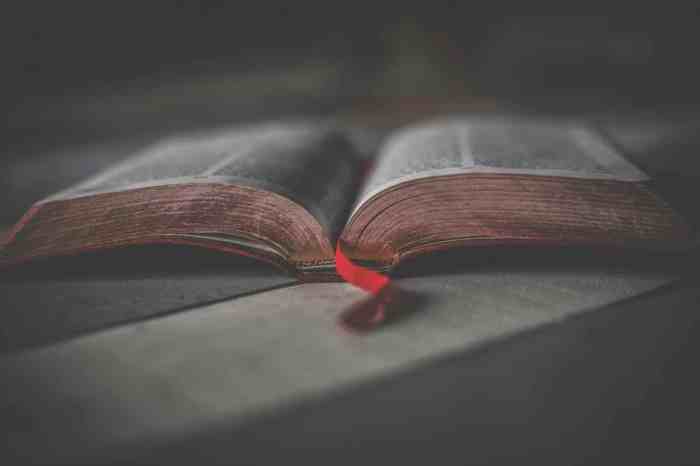
Theocracies have a profound impact on society and individuals, shaping social norms, education, and cultural diversity. They also influence individual rights, freedoms, and personal beliefs.
Impact on Society
Theocracies often impose strict social norms based on religious teachings, which can have both positive and negative effects. On the one hand, they can foster a sense of community and shared values. On the other hand, they can suppress dissent and limit individual expression.
Education in theocracies is often heavily influenced by religious doctrine, which can limit access to diverse perspectives and critical thinking. Cultural diversity may also be restricted, as the dominant religion often becomes the only acceptable form of cultural expression.
Impact on Individuals
Theocracies can have a significant impact on individuals’ rights and freedoms. Religious laws may limit personal choices, such as freedom of speech, assembly, and religious practice. Individuals may also face discrimination or persecution based on their religious beliefs or practices.
In some theocracies, individuals are expected to conform to strict religious codes of conduct, which can limit their personal freedoms and autonomy. Personal beliefs that deviate from the dominant religion may be suppressed or punished.
Examples
- In Saudi Arabia, a theocratic monarchy, women are required to wear the abaya in public and are prohibited from driving.
- In Iran, another theocratic state, the government enforces strict dress codes and prohibits public displays of affection.
- In Afghanistan under the Taliban, women were denied education and forced to wear the burqa in public.
Historical and Contemporary Perspectives
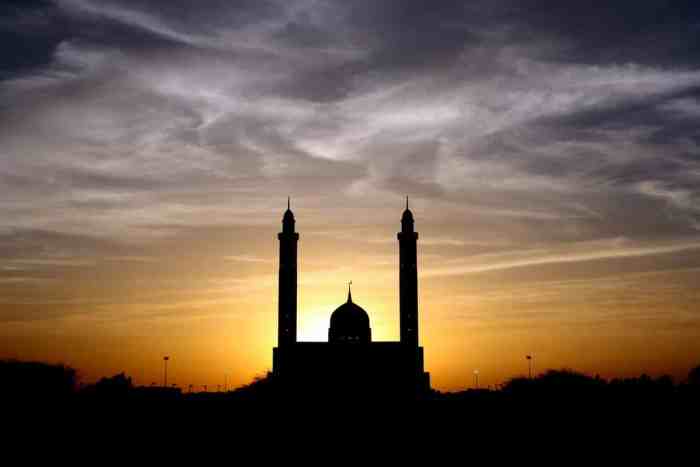
The concept of theocracy has evolved throughout history, with varying interpretations and manifestations. In ancient times, theocracy was closely tied to religious beliefs, with rulers claiming divine authority. In theocracy, the state and religion are intertwined, and religious leaders often hold political power.
Timeline of Theocracy
A timeline or infographic could be included here to illustrate key events and developments in the history of theocracy, such as:
Ancient Egypt
Pharaohs were considered divine rulers.
Medieval Europe
Theocracy under the influence of the Catholic Church.
17th-century England
Puritan theocracy under Oliver Cromwell.
20th-century Iran
Establishment of an Islamic theocracy after the Iranian Revolution.
Comparison with Other Forms of Government
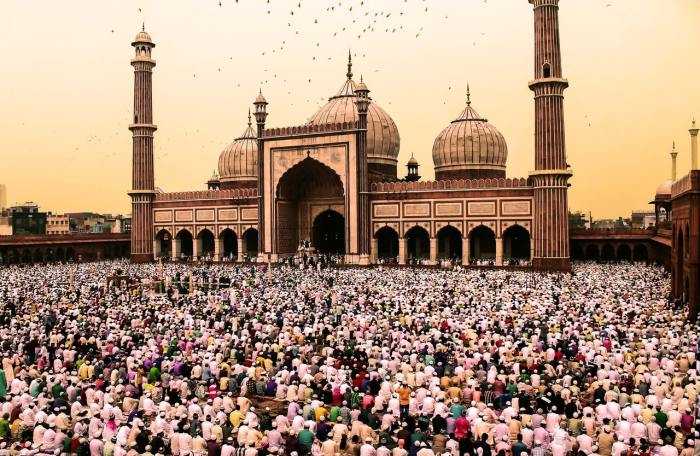
Theocracy, with its divine mandate, stands apart from other forms of government. Let’s compare and contrast it with democracy, monarchy, and communism.
Strengths and Weaknesses
In a democracy, power resides with the people. It offers accountability, representation, and freedom. However, it can be slow and susceptible to populism. Monarchy concentrates power in a single ruler, providing stability but potentially leading to tyranny. Communism aims for equality, but its central planning often stifles innovation and personal freedoms.
Theocracy’s strength lies in its moral compass, providing clear guidance and unity. However, it risks religious oppression and suppression of dissent.
Comparative Table
| Characteristic | Theocracy | Democracy | Monarchy | Communism |
|---|---|---|---|---|
| Power Source | Divine mandate | People | Monarch | Central authority |
| Accountability | To religious authority | To the people | Limited or none | To the party |
| Religious Influence | High | Low | Varies | Suppressed |
| Strengths | Moral compass, unity | Accountability, representation | Stability | Equality (in theory) |
| Weaknesses | Religious oppression, suppression of dissent | Slow, susceptible to populism | Tyranny | Stifles innovation, personal freedoms |
FAQ
What are the main advantages of theocracy?
Proponents of theocracy argue that it can provide moral guidance, promote social stability, and enforce religious laws, potentially leading to a more virtuous and harmonious society.
What are the main disadvantages of theocracy?
Critics of theocracy highlight concerns about religious intolerance, suppression of dissent, and human rights violations, as religious authorities may have the power to enforce their interpretations of religious laws on all citizens, regardless of their beliefs.
How has theocracy evolved over time?
Theocracy has existed in various forms throughout history, from ancient Egypt and Mesopotamia to modern-day Iran and the Vatican City. The specific characteristics and interpretations of theocracy have varied depending on the religious beliefs and political systems of the time.
What are some examples of theocratic governments?
Examples of theocratic governments include the ancient Egyptian civilization, the medieval Papal States, and contemporary Iran, where religious leaders hold significant political and legal authority.